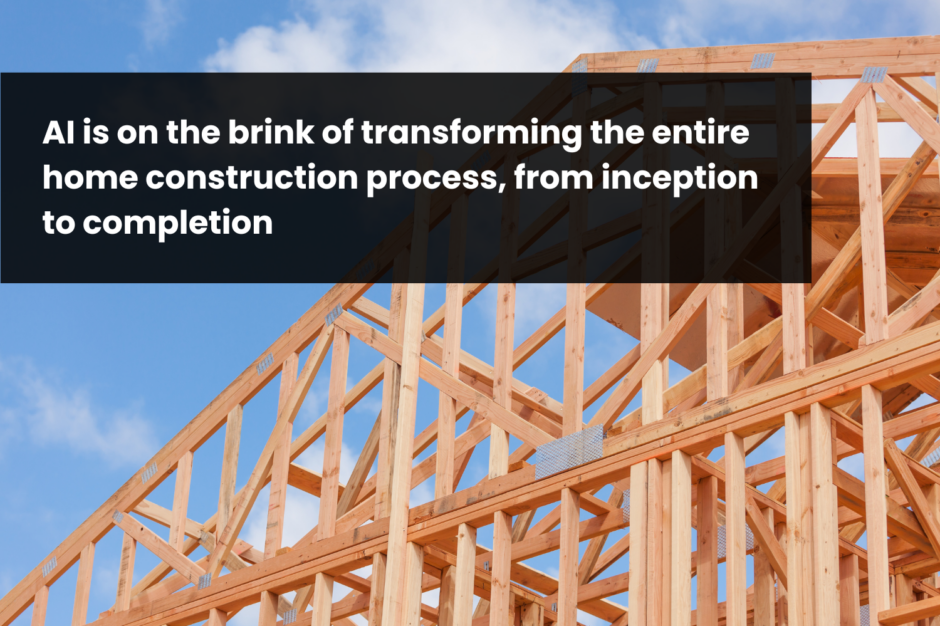AI is on the brink of transforming the entire home construction process, from inception to completion
CREtech

Thanks for keeping up with the CREtech Community in the News! For more news about members of the CREtech Community, follow us on Linkedin.
Compass, the largest brokerage firm in the United States, has made significant investments totaling over $1 billion in technology aimed at enhancing the efficiency of its nearly 30,000 agents throughout the entire process of engaging with potential clients to closing deals. The company's focus on technological advancement underscores its commitment to assisting agents in growing their businesses, saving time, and providing exceptional experiences for their clients.
Among the notable investments made by Compass is "Likely to Sell," an artificial intelligence tool designed to analyze prospective client leads and offer recommendations on individuals who may be preparing to sell their homes. Additionally, Compass recently introduced Compass AI, a chatbot tool capable of generating property listings, marketing materials, and agent profiles.
Despite traditionally low conversation rates associated with conventional marketing methods such as email and social media, Compass reports promising outcomes since the launch of Likely to Sell in 2020, with approximately 8% of recommendations made through the CRM tool resulting in listed properties within 12 months.
Rory Golod, President of Growth and Communications at Compass, emphasizes the company's objective of leveraging AI to assist agents in targeting individuals with the highest likelihood of engaging in real estate transactions. This strategic use of technology aligns with the broader trends in the real estate industry, where AI adoption is increasingly vital for driving efficiency and productivity.
However, AI adoption within the real estate sector presents several challenges, including the abundance of unstructured data, the resistance to technology among some industry professionals, and the complexity of integrating AI tools into existing workflows. Nevertheless, experts remain optimistic about the potential of AI to revolutionize various aspects of real estate operations, from predictive analytics to automated design processes.
Several startups and established companies within the real estate industry are actively harnessing AI to streamline processes and enhance decision-making. Higharc, for instance, has developed a homebuilding automation platform aimed at expediting construction timelines and reducing costs. Similarly, Prologis Ventures has invested in AI-enabled startups like TestFit and Augmenta to improve site selection and streamline design processes.
Overall, the integration of AI technologies holds immense potential for driving innovation and efficiency across the real estate industry, paving the way for enhanced decision-making, cost savings, and improved customer experiences.
Original article posted on March 21, 2024

